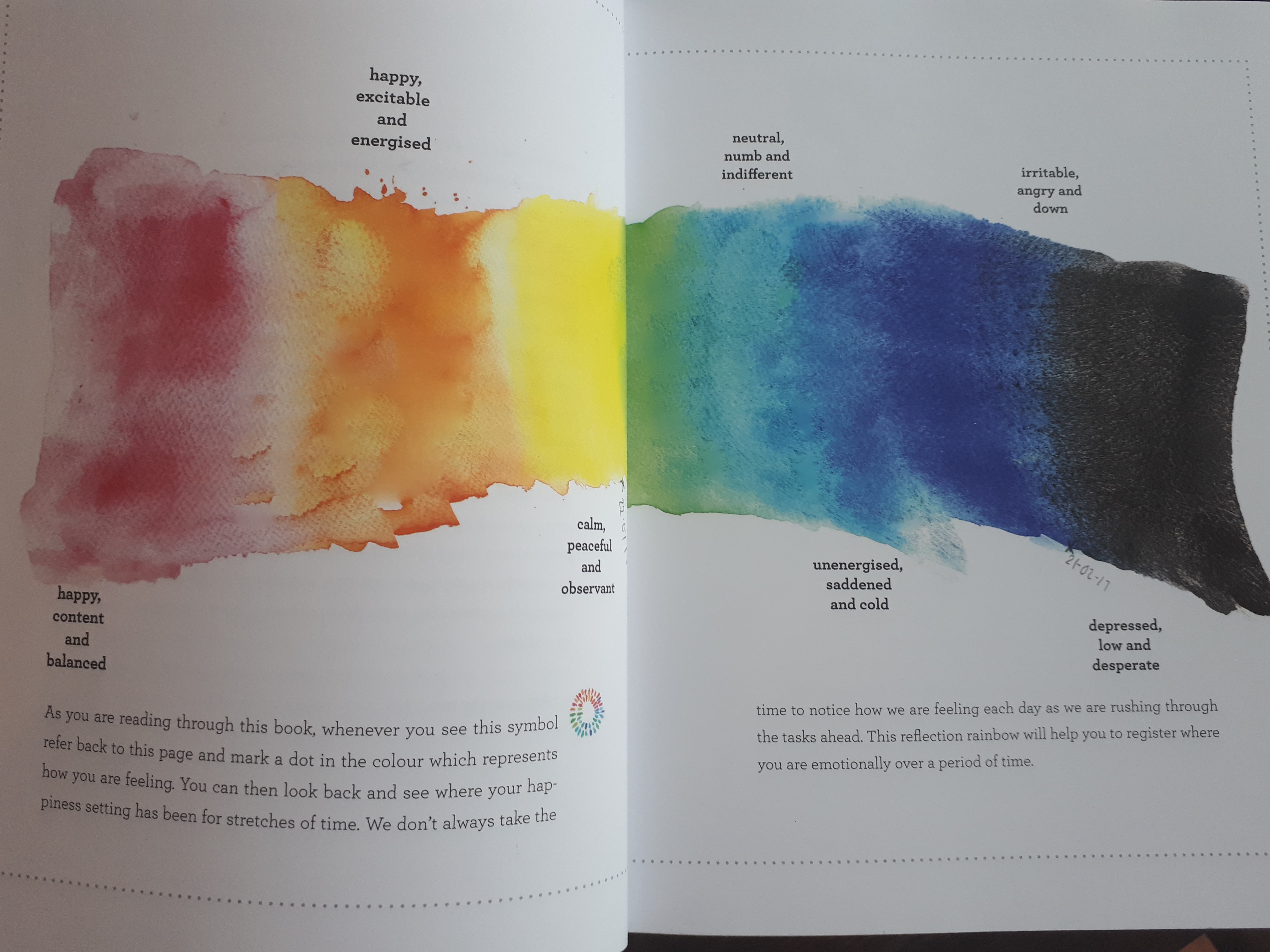
Is Letting Go of Perfection the Key to Being Happier?
The increased willingness to public figures to talk openly about their own experiences of conditions such as depression has undoubtedly contributed to the reduction in stigma surrounding mental health in the UK. By speaking out, household names from Stephen Fry to, most recently, Prince Harry, have helped to normalise issues that one in four of us will grapple with at some point in our lives.
The media now regularly report on discussion of mental health in celebrity writing. This is often in relation to memoirs, as in Bruce Springsteen’s 2016 Born to Run Born to Run, widely described as candid in terms of his long-standing struggle with depression.
Alongside autobiographies, celebrity-led self-help literature has grown as a genre. Following her own diagnosis with cancer, the BBC broadcaster Sian Williams released Rise: A first-aid kit for getting through tough times" target="_blank">Rise: A first-aid kit for getting through tough times, a study of resilience designed to help others facing adversity. Williams has done her MSc in Psychology and is a trained trauma assessor, but the cynical might raise an eyebrow at some similar endeavours. I’ll admit I was slightly sceptical when earlier this year I heard that TV and radio presenter Fearne Cotton had self-help type book on the market – but Happy: Finding joy in every day and letting go of perfect totally confounded my expectations.
Spotted first on a promotional stand, I was immediately drawn to the book’s design. Featuring a calming watercolours and lots of white space, the title describes exactly how I felt when looking at the cover. This happiness and joy continues inside, with gorgeous and plentiful illustrations throughout.
With the drawings, wide margins and generous spacing, reading Happy is like immersing yourself in a beautiful art gallery. The text is divided into easily digestible chunks, useful for anyone coming to the book with an agitated mind. It is also shot through with Cotton’s voice, so familiar from the airwaves and replicated here on the page – a reassuring sign that she actually wrote it.
Cotton shares her own story, including experiences of low mood and the kinds of insecurities familiar to many (particularly women) growing up in the late twentieth and twenty-first centuries. Again, it may be easy to poke fun at the earnest tones of a woman who readily acknowledges her privileges, but Cotton’s very status as a celebrity allows her to reach an audience of younger people who may not feel confident in approaching support services – if indeed any readily available to them. This is a great resource for the Instagram generation.
Not that Happy is relevant only to a particular demographic. Although a seasoned self-help addict may find some of Cotton’s suggestions already familiar, the varied exercises and tasks are still worthwhile. The book offers a holistic approach organised under sections including face, mind, body, family, thanks and heart; I was particularly struck that despite her own exposure to scrutiny, Cotton was still able to extol the pleasure that come from being creative with our personal appearance.
The design of Happy also creates new opportunities. There spaces for doodles and encouragement to draw responses – a pleasing change from the two small lines so often allowed for answering prompts! Even as someone who stuck to writing in the boxes throughout, I found the mood rainbow (pictured) an incredibly powerful way of exploring my emotions, which at the time of reading were extremely turbulent.

There are numerous little extras too, such as interviews with famous faces like Gok Wan, playlists freely available on music streaming service Spotify and recipes. The latter link to Cotton’s other foray into publishing: cookbooks. Another reason for cynicism? Perhaps for so inclined, but Happy warrants recognition for the fine contribution to introductory mental health support that it is. It felt both fresh and refreshing, with a warm and positive message from Cotton that we all go through bad patches but life can be good. It is possible to be happy and find joy in every day.
Fearne Cotton, Happy: Finding joy in every day and letting go of perfect











